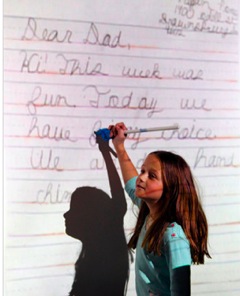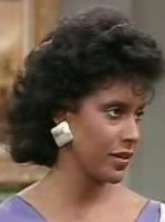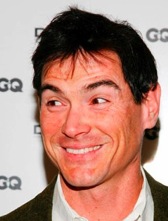Cursive culture wars

Another generational bomb is going off in today's Times in an article about the decline of cursive handwriting in schools. The story is that college kids today rarely seem to know how to write, OR READ, cursive handwriting, which for some people is a sign of welcome progress beyond outdated modes of communication, and for some is a signal of the progressing dumbification of our country.
You can tell which side you fall on by your reaction to this anecdote:
As with most debates like this, i.e. useless ones, people's opinions seem to be based almost exclusively on their own personal experience in elementary school when they were taught to write cursive. If you weren't good at it, you got bad grades, and you now hate cursive and think it's a waste of time to teach it. If you were good at it, you think it's a beautiful form of writing that should be preserved.
The comments section is vast and will probably become more passionate/indignant as the day wears on (one commenter calls the article "Boomer bait") but I guess that's the point of divisive little articles like this that the Times loves so very much.
Here's a comment highlight from Phil Greene in Houston: "I learned to type in the sixth grade and have written cursive since the first grade. This is just another sign of the dumbing down of America. I have three grandchildren who are as dumb as a post, and of course they can't write or multiply. They bore me to tears."
And from Scott in Nyack, whose anti-cursive ideology represents many commenters', i.e. vituperative rage directed at his teachers: "I recall getting straight A's in every subject in elementary school, but consistent D's in handwriting. As a result of this low penmanship grade, I never made the honor roll. By the time I entered high school, almost all our work was typed,and my straight A's continued to a great career in academia. The stupid nuns in 4th grade couldn't hold me down!"
I'll try to stay calm in presenting my own views: I like cursive and use it all the time (just checked grocery lists and notes lying around the house to make sure--yup, some lazy version of cursive) because if you know how to do it, it's faster than printing. For those occasions when you have to take notes or record something and using a keyboard isn't practical, writing in cursive is a useful skill to have, because it can be very fast. Just like reading a non-digital clock with hour and minute hands, and driving a car with standard transmission, having a skill is better than not having a skill. Technology makes it less necessary to have some skills, but in life, you're still better off being able to do more things. It's probably not worth spending a whole lot of classroom time on cursive (I think we only spent a week or so on it in 2nd grade) and if the handwriting revolutionaries are adamant about their God-given right to print, let 'em print.
Personally, when I write a word that ends with a "t", I do what my cool 5th grade teacher did and make a little upward curved arc instead of picking up the pen to cross it. I might be the only non-centenarian in America who does that. It's just faster.
If we want to get really practical, here, let's teach kids to write shorthand. Have you seen someone write in shorthand? That shit is FAST. I use a couple of shorthand symbols my mom taught me that are ridiculously easy and fast. With the decline of dictation and the typing pool, no one learns it anymore, but it's probably more useful than printing and cursive. I'm not entirely kidding.

